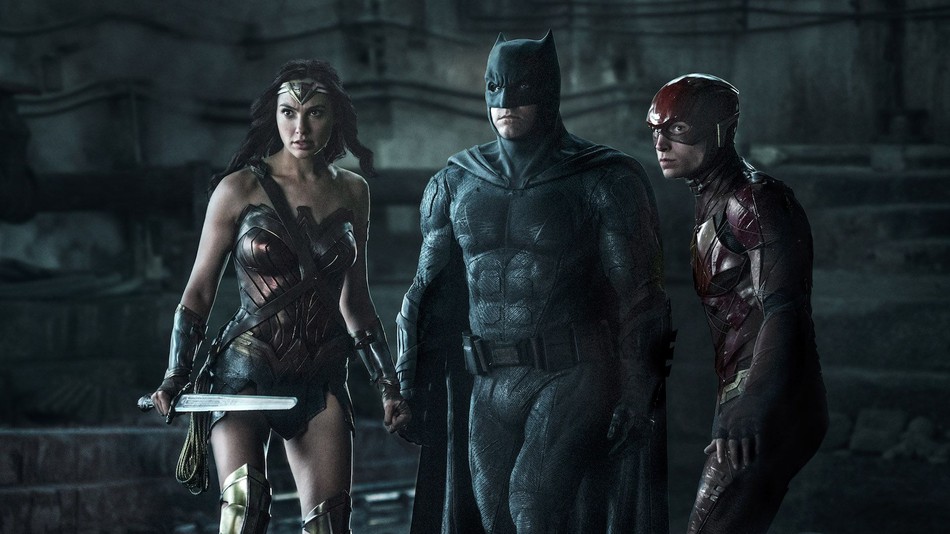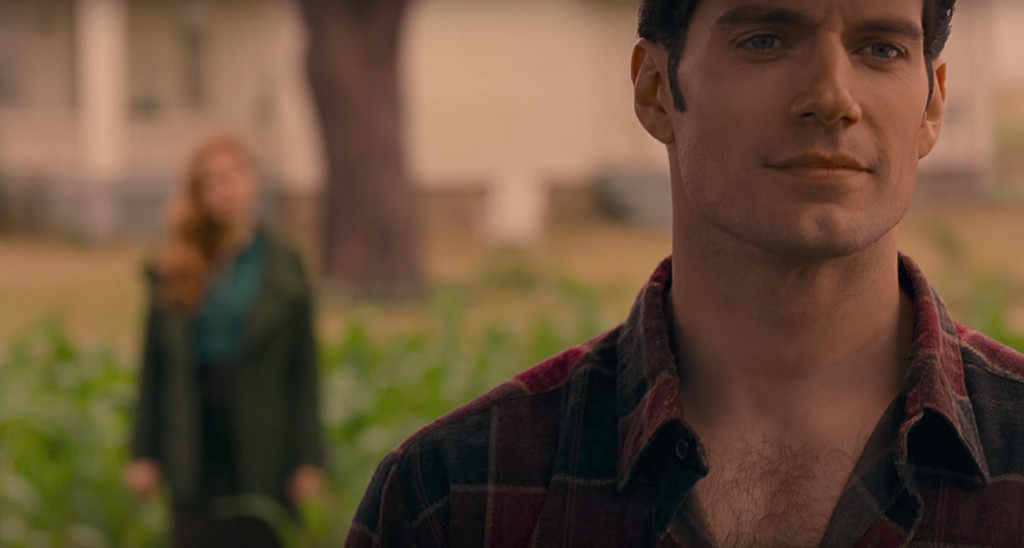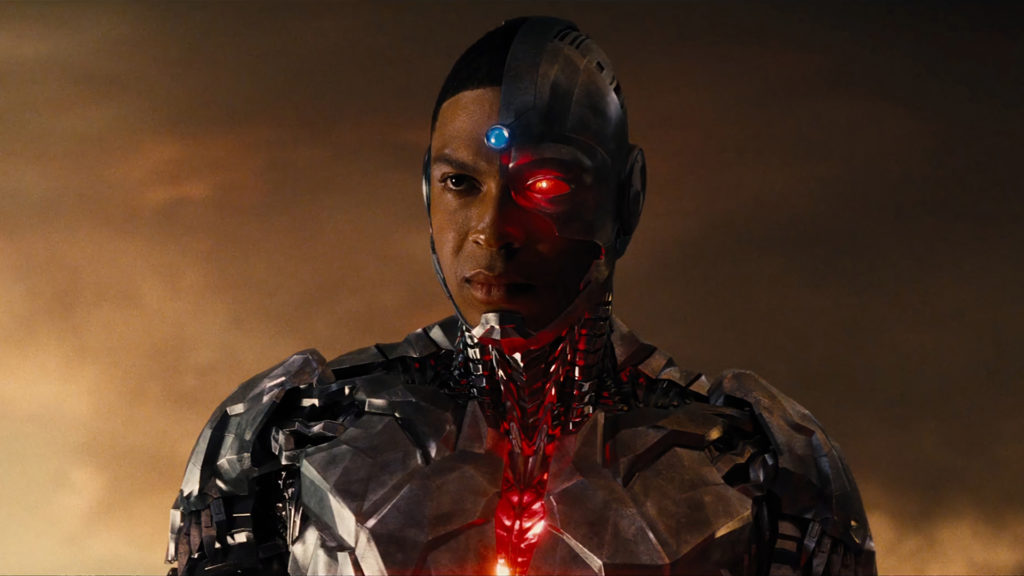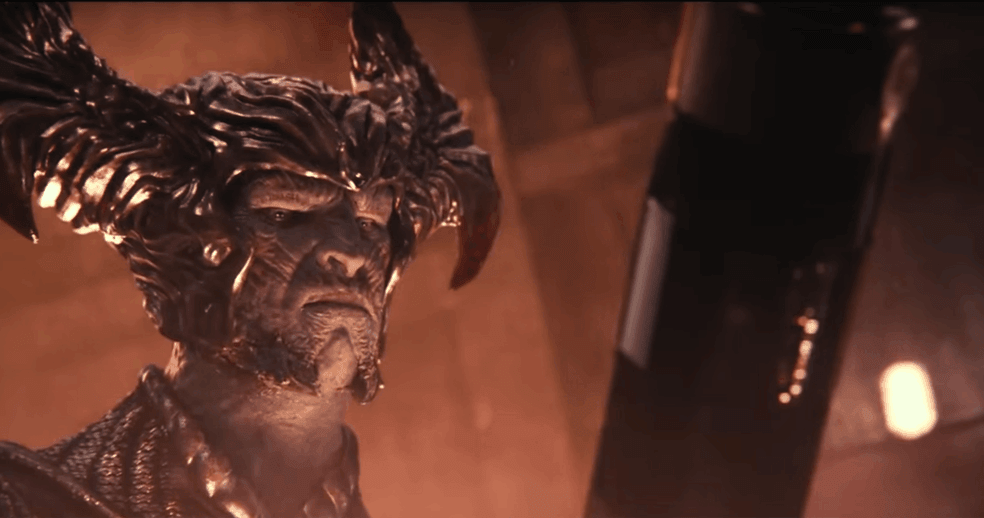No need to candy coat it: Justice League is an awful movie that only saw light of day because bills need to be paid, and a sucker is born every minute.
Before we get into why Justice League, a hastily collaborative effort from directors Zack Snyder and Joss Whedon (credited to Snyder, who left the production following the death of his daughter), is such a bad film, it’s important to say one thing, even though it shouldn’t be said at all:
This is not about DC vs Marvel. There isn’t one serious (or semi-serious critic) who has an ax to grind against Snyder, DC comics, the DC Entertainment Universe, or Warner Bros. To suggest so is to embrace one’s own idiocy with an unhealthy side order of unearned paranoia. Stop it. If you love these films, no matter what anyone says, film criticism isn’t for you anyway, so beat it.
Now that we’ve gotten that out of the way, here is the spoiler-free reason Justice League fails on practically every level: The film exists as two films fighting each other, or rather one film growing out of the dead body of another, yet still destined to die in all it’s deformed and pus-covered vaingloriousness. There will probably be a spoiler or two from this point on, so be warned.
Joss Whedon was asked to fundamentally change Justice League, first by adding humor into the script, and later by reshooting nearly 20 percent of the film, while not really changing it at all. For those who don’t know the original plan for Justice League called for two films, later reduced to one reportedly three-hour film after the critical blasting Batman v Superman: Dawn of Justice took.
Unfortunately, there is nothing in the final film that exists to change that notion. Whedon’s task ultimately involved taking what Snyder shot, closing the loop on that in a non-committal sort of way, with added, forced humor. To be fair, Whedon does what he’s asked to do, and his lighter touch is certainly evident, but what he can’t do is change the trajectory of the film, just try to make sense of what was there.
The end result is a film that exists in pure spite of itself.
In the film’s cold open, which features cellphone camera footage of Superman (one of the film’s few good ideas, instantly ruined by poor CGI covering Henry Cavill’s mustache, making him look like he has a really, really bad case of the mumps) talking to children and being asked, essentially, if he loves his job. In that moment, Whedon pumps more humanity into Superman than we’ve seen over the course of two prior films while also giving a brutal critique on everything that happens in Justice League right after it.
That’s just the opening.
Next, we get a credit sequence montage, featuring a stirring cover of Leonard Cohen’s “Everybody Knows”, that sets the tone for the rest of the film in an almost darkly comedic fashion as compared to the scene that preceded it. The song itself, about the cynicism of giving up hope on anything good, has no place in a movie about superheroes, but it also explains to a tee the level of nihilism and disdain Snyder has for heroism in general.
It’s also a very dishonest scene, since in Snyder’s previous two outings, Man of Steel and Batman v Superman, the hero people are supposed to be mourning was treated with an alternating mixture of hatred and fear.
Due to Justice League‘s truncated two-hour run time, there’s a lot of ground to cover and it’s barely enough to do both character and story any real…justice. But let’s not pretend, when the film was taken (and I believe it was actually taken) from Snyder, the priority was to make the release date on time, no matter what form the film was in.
I may not have liked it, but it was clear that Snyder had a plan for Superman, a full arc, and it was destroyed because someone at Warner Bros. wasn’t at all interested in seeing Snyder’s take on a malevolent Superman. What’s sad is that the bones are still there for all to see, and the tonal change, as the shift between Snyder and Whedon’s films distracts, is almost dizzying in its disingenuousness.
The entire story of Superman in Justice League was reduced to just about 40 minutes, and it’s jarring, since his resurrection was clearly designed to make him a villain through at least this first film, with a possible redemption in the second non-existent film, where, you know…he’d have to fight Darkseid.
Here, Darkseid is cut out altogether, save for one mention of his name, much like someone would say, “by god!” Instead, Steppenwolf (a video game-rendered shell of a character voiced by Ciarán Hinds) is pushed forward as not only the main villain (which his rote, devoid of any anything role is clearly that of an underboss or side attraction), but the ONLY catalyst for all the mayhem.
So let’s talk about Batman.
No one seems to care, or notice that Batman, as played by Ben Affleck, is a psychopath. Certainly anyone who dresses up like a bat to fight crime wouldn’t necessarily be considered a picture of mental health, but Zack Snyder’s vision of the Caped Crusader is a mercilessly dark one, and not in the right way.
Never mind that Snyder’s Batman is a cold-blooded murderer and sadist, as evidenced in Batman v Superman, his cruelty goes much deeper in Justice League. For example, Batman has no problem, to the shock and dismay of his new teammates, suggesting that the fallen Superman should be resurrected using very unnatural (and familiar) ways primarily just so he can punch the more powerful Steppenwolf in the face.
Disregard the fact that the film spends its first two acts uniting a team with Wonder Woman (Gal Gadot, the film’s only real bright spot), because Superman was dead, to ward off a giant threat. Batman, a character that is supposed to be a hero, feels it’s necessary to raise someone from the dead specifically to fight, and in order to make that happen, he forces two of his new teammates to dig up that dead person’s body, so that he may experiment on it.
Whedon peppers that insanely macabre decision with some throwaway gallows humor between Cyborg (Ray Fisher) and the Flash (Ezra Miller), ignoring the irony that the richest man in the world sent two underlings to go graverobbing, and that the rich man in question is somehow the hero.
The thing that bothers me so much about Zack Snyder’s DCEU is that the characters, save for Wonder Woman, are purposely made inaccessible. The reason Marvel characters (Particularly MCU) are so well-liked is because they’re written with some level of humanity, even the gods. You care about these characters, because they’re cared about on screen. Snyder wants absolutely none of that. He wants you to look at superheroes as curiosities who you should absolutely mistrust.
Notice how I haven’t really mentioned Wonder Woman, Cyborg, Aquabro or Woody Allen’s The Flash? They don’t really matter.
Wonder Woman pretty much exists in Justice League to be ashamed she has to work with these manbabies, Aquabro (Jason Momoa) looks like personified date rape and only shouts “Woo” and “Yeah” and “All right!” except for the one scene where he actually shows some emotion and delivers an eloquent speech on heroism, and then you learn it was all forced. I won’t spoil how.
As for The Flash? Ezra Miller basically makes him a super optimistic nebbish slacker who, because he can run really fast now, is unable to tell his right from his left, and I’m not kidding. Some will say Miller steals the show with his erratic performance, but you can’t steal what someone is trying to give away.
Cyborg is a landmine no real writer can touch, because it would difficult (understatement) trying to deal with a character who basically went from a jock to having no penis because his father forced bionics on him in order to save his life and inadvertently trap him in an existential hell. Instead, he’s more bemused than brooding.
And then there’s Superman, who thanks to Whedon is a more optimistic and cheerful Superman than in his first two outings, for no other reason than…reasons, because upon his unnatural resurrection, he immediately tries to murder the entire team, that is until he’s calmed down by Lois Lane (Amy Adams, who seems as if she is only here so she doesn’t get fined). It’s as if Whedon was hired to give Superman a lobotomy and show up to punch Steppenwolf hard when the time was right to do so.
The sum of this team of heroes is more a confederacy of dunces, who make glaring errors at every possible turn, and one is forced to ask, “is this really how it’s supposed to be done?”
Justice League is so hamstrung by the nightmare that is Batman v Superman, that each of its choices to either continue that story line or retcon from it gets worse and worse as the film speeds to a conclusion that has zero consequences for anyone, not for the heroes, not for the villains, not even for Ma Kent (Diane Lane), who saw her home foreclosed at the beginning for of the film, miraculously saved by Bruce Wayne (why didn’t he do that before he selfishly resurrected her son for the dead? Oh right, he’s a psychopath). Well, there was consequences for the billions of dollars in property damage that’s rarely ever addressed.
I get that Warner Bros. wanted to get a return on their investment, and there are plenty of DC fanboys who will shell out to see this as well as parents who need to sit their brats somewhere for a couple hours, but Justice League should’ve either been allowed to show Zack Snyder’s FULL VISION, or production halted and the entire film reshot by Whedon with a 2018 or even 2019 release date. I also get that’s unrealistic on both ends.
What we’re left with is a mixed bag of what could’ve beens and possible maybes with a heaping side order of atrocious CGI that looks every bit as incomplete as Snyder’s vision. So many people waited so long to finally, finally see a Justice League film in theaters, and at least they have something.
The problem is, it’s not 1998 anymore, and superhero movies aren’t an untested rarity. Fans and filmgoers deserve so much better than this shit. Even if they don’t think they do.
Hashim R. Hathaway (Shimbo) is the host of the Never Daunted Radio Network, and proud father to NeverDaunted.Net. You can reach him on Twitter @NeverDauntedNet




